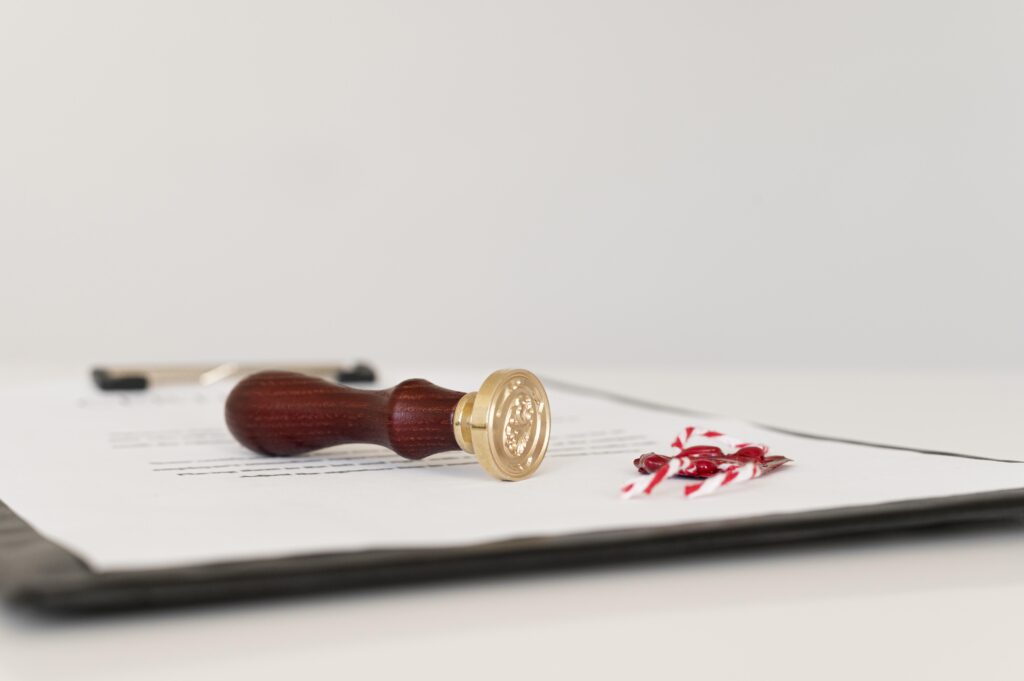Patent Filing Procedure in India – Complete Step-by-Step Guide
Innovation is the backbone of progress, and protecting your invention is essential to ensure its commercial and legal security. In India, patents safeguard your unique ideas and inventions by granting exclusive rights for 20 years. If you are an entrepreneur, researcher, or startup founder, understanding the patent filing procedure in India is crucial. This blog explains the step-by-step process of filing a patent in India, costs involved, benefits, and expert tips for smooth registration. What is a Patent? A patent is an exclusive legal right granted by the Government of India to an inventor for a new invention. It prevents others from making, selling, or using the invention without permission. Eligibility for Patent Filing in India You can apply for a patent in India if you are: An individual inventor A startup or small entity A company or research organization An assignee or legal representative of the inventor Patent Filing Procedure in India – Step by Step 1. Conduct a Patent Search Before filing, carry out a patentability search to ensure your invention is unique. This prevents rejection and saves time. 2. Drafting the Patent Application There are two types of applications: Provisional Application – Filed when the invention is not fully developed; secures an early priority date. Complete Specification – Filed with full details, claims, and drawings of the invention. 3. Filing the Patent Application Submit your application to the Indian Patent Office either online or offline. Required forms include: Form 1 – Patent application form Form 2 – Provisional/Complete specification Form 3 – Statement of undertaking Form 5 – Declaration of inventorship 4. Publication of Patent Application Your application is published in the Official Patent Journal after 18 months from the filing date. You can also request early publication by filing Form 9. 5. Request for Examination (RFE) File a Request for Examination (Form 18/18A) within 48 months of the priority date. The examiner reviews the application for patentability. 6. First Examination Report (FER) The Patent Office issues the First Examination Report with objections (if any). Applicants must respond within six months (extendable to nine months). 7. Pre-Grant & Post-Grant Opposition Third parties may raise objections. If resolved, the application moves forward. 8. Grant of Patent Once objections are cleared, the patent is granted and published in the Patent Journal. 9. Patent Renewal The granted patent is valid for 20 years from the filing date, subject to annual renewal fees starting from the third year. Cost of Patent Filing in India The patent filing fees vary based on the applicant type: Individuals / Startups: Filing ₹1,600 – ₹4,000 | Examination ₹4,000 Companies / Large Entities: Filing ₹8,000 – ₹20,000 | Examination ₹20,000 Professional Fees: Drafting & attorney fees may range from ₹25,000 to ₹60,000 depending on complexity Benefits of Patent Filing in India ✔ Exclusive rights for 20 years✔ Competitive advantage in the market✔ Revenue opportunities via licensing and royalties✔ Boost in startup valuation for funding and investment✔ Stronger intellectual property portfolio Key Tips for Smooth Patent Filing File a provisional application early to secure priority. Always use a patent attorney or agent to draft strong claims. Monitor deadlines for publication, examination, and renewal. Avail Startup India rebates for reduced fees. Keep all records and documents ready for scrutiny. The patent filing procedure in India may look complex, but with the right guidance, you can protect your innovation seamlessly. A well-drafted patent strengthens your business, attracts investors, and prevents competitors from copying your idea. 👉 For expert support in patent filing and registration in India, visit Patent24x7 – your trusted partner in intellectual property services. Disclaimer This article on patent filing procedure in India is for informational purposes only. For professional legal advice, always consult a registered patent attorney or patent agent.

